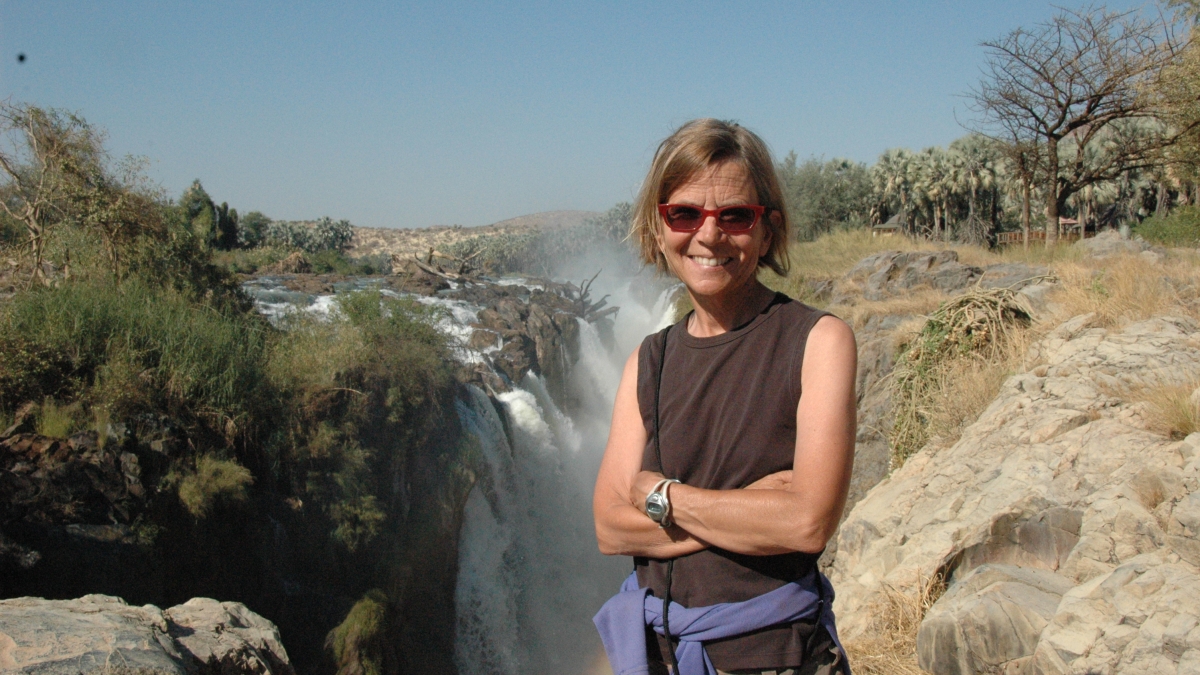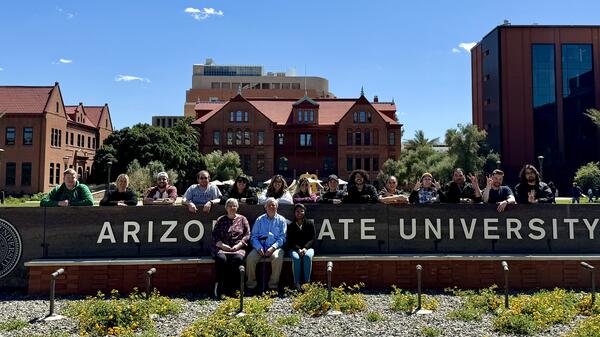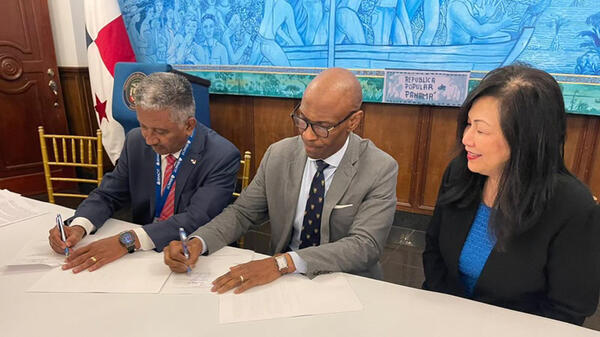ASU Regents Professor Joan Silk among new class of National Academy of Sciences members

ASU Regents Professor Joan Silk
Joan Silk, Arizona State University professor and primatologist, has been elected to the National Academy of Sciences. Silk joins 120 new members and 30 international members at the prestigious institution that recognizes distinguished and continuing achievement in original research.
“Silk’s contributions in the field and as an educator at ASU have been transformative to the growth of our college and students,” said Patrick Kenney, dean of The College of Liberal Arts and Sciences. “We are incredibly proud of her accomplishments, especially her election to the National Academy of Sciences.”
Silk is an internationally recognized leader in the study of primate and human behavioral evolution. She is a faculty member with the School of Human Evolution and Social Change and a research scientist with the Institute of Human Origins. Earlier this year, she was honored with election to the American Association for the Advancement of Science (AAAS) for contributions to the field of primate social evolution, particularly using quantitative approaches to evaluate the adaptive value of social bonds for primates.
“Joan’s research on living primates such as the baboons — a group that she has been studying for many decades — has clearly demonstrated the adaptive value of sociality, and as a paleoanthropologist, I think this knowledge also helps us in our efforts to reconstruct the social and behavioral ecology of extinct human ancestors deep in our past,” said Yohannes Haile-Selassie, director of the Institute of Human Origins.
Most of Silk’s research has focused on the relationships female baboons have with other females. Her findings show that those relationships are usually formed between relatives — often mothers and daughters — and that they serve an evolutionary purpose. Baboons live stressful, unpredictable lives in which they are almost always on the lookout for predators, and even attacks from individuals in their own groups. But when females are able to form strong social bonds with one another, it reduces stress and positively impacts lifetime fitness and the number of surviving offspring they have.
“While Joan’s contributions to primatology are obvious, her textbook, co-written with ASU Professor Rob Boyd, now in its ninth edition, has introduced thousands of students to evolutionary anthropology over the years,” said Christopher Stojanowski, director of the School of Human Evolution and Social Change. “The impact is tremendous, and I know it was the first book I used when I started teaching 20 years ago.”
“This honor is icing on the cake,” Silk said. “I feel so lucky to have been able to study such interesting creatures, to collaborate with such brilliant colleagues and to work at such supportive institutions.”
Silk is also a fellow of the American Academy of Arts and Sciences, the Animal Behavior Society and the American Anthropological Association.
More Science and technology

ASU expands hands-on lab opportunities for online biochemistry students
As a New York City autopsy research coordinator, Stephanie McQuillan saw her continued education as a gateway for career…

Blueprints of self-assembly: New design technique advances nanotechnology
Many biological structures of impressive beauty and sophistication arise through processes of self-assembly. Indeed, the natural…

ASU assists Panamanian microelectronics development efforts
Arizona State University continues to expand its efforts to support the development of the semiconductor workforce and supply…